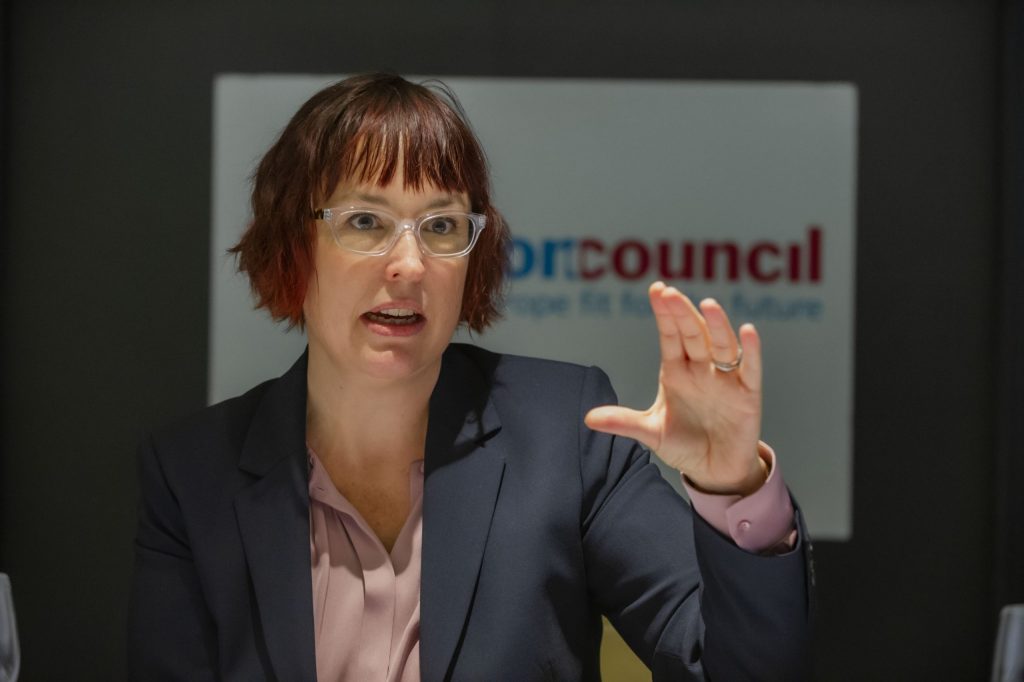December 2019
Design Principles in Intermediary Liability Laws: High-Level Working Lunch

As the European Commission prepares a new round of Internet and platforms regulation, the Lisbon Council convened a high-level group of leading experts to the High-Level Working Lunch on Design Principles in Intermediary Liability Laws. Daphne Keller, director of intermediary liability at Stanford Law School’s Center for Internet and Society, led an all-star discussion on Design Principles for Intermediary Liability Laws, her seminal article (written with Joris van Hoboken) on making intermediary liability law fit for the robust challenges of the 21st century’s third decade. Prabhat Agarwal, deputy head of unit, e-commerce and platforms, communications network, content and technology directorate-general, European Commission; Brando Benifei, member of the committee on the internal market and consumer protection, European Parliament (Italy-S&D), Martin Husovec, assistant professor, Tilburg Law School; Owen Bennett, EU Internet policy manager, Mozilla; Daniel Braun, deputy head of cabinet for Vice-President Vera Jourova, European Commission; Ricardo Castanheira, counsellor, telecom, information society, audiovisual and copyright, permanent representation of Portugal to the European Union; Christian D’Cunha, head of private office, European Data Protection Supervisor; Miriam Estrin, global information policy, Google; Joris van Hoboken, professor of law at Vrije Universiteit Brussels and senior researcher at the University of Amsterdam’s Institute for Information Law, and Jens-Henrik Jeppesen, director, European affairs, Center for Democracy and Technology, joined the discussion.
The working lunch will feed directly into the ongoing debate on a new Digital Services Act, which the European Commission has promised to propose in 2020. As a first step, the Lisbon Council launched the Intermediary Liability Evidence Hub, an experiment in crowdsourcing robust evidence for the important discussion still to come.